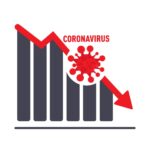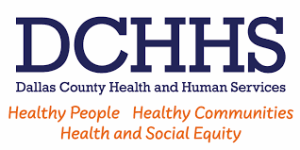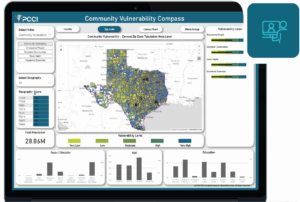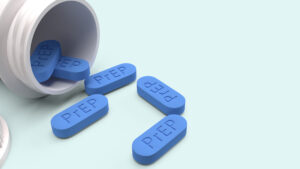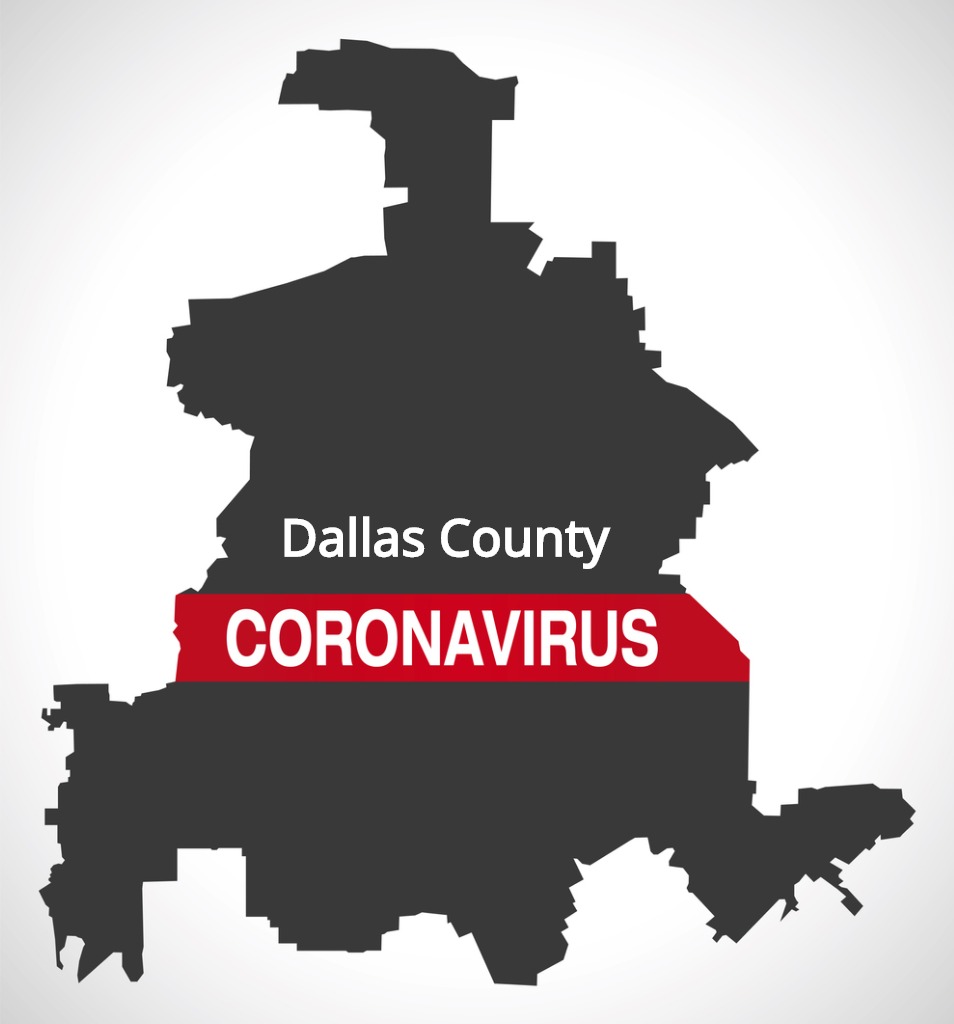
- More natural immunity; decreasing vaccination rates
- Data from new UT Southwestern seroprevalence study raises PCCI’s county wide previously infected estimates to 48% of the total population;
- Herd immunity rate increases to 74 percent of the total population
- PCCI now forecasts Dallas County to surpass COVID herd immunity by late July
Parkland Center for Clinical Innovation (PCCI) has updated its herd immunity forecast for COVID-19 in Dallas County. The new herd immunity analysis includes the up-to-date vaccination percentages for Dallas County as well as a change in the percentage of residents confirmed and presumed to have been infected. These factors indicate that the county’s herd immunity rate is now 74 percent of the total population. However, a continued decrease in vaccinations pushes reaching the herd immunity threshold of 80 percent of all residents either having been infected or being vaccinated towards late July.
PCCI made its initial herd immunity forecast for Dallas County in February, where it predicted the county would reach the herd immunity threshold by mid-June.
“The most critical factor in the fight to crush COVID remains vaccinations for the whole population, particularly with the county’s younger, working population and the recently approved high school and middle school students,” said Steve Miff, PhD., PCCI’s President and CEO. “Convenience, missed work or school from vaccine side-effects, and concerns about providing identifications for the transient and un-documented populations remain as key barriers to vaccinations and continue to be a key decision driver for the 20-30 percent of the unvaccinated population who are not opposed to receiving a vaccine, but have not yet rolled up their sleeves.”
An important new UT Southwestern virologic study indicates a ratio of 1:4 for confirmed positive (tested and confirmed) to presumed infected (positive antibodies, but never tested) population for Dallas County. With this information, PCCI has updated the presumed infected adult population from a 1:3 ratio to the 1:4 ratio. This increase in the presumed infected results also in adjustment of the vaccinated population of Dallas estimated to have had prior COVID-19 infection and recovered from 21 percent to 28 percent.
For vaccinations, the weekly average is slowing below 15,000 first doses/week despite new age group approval for 12-15-year-old. To date, 1,018,696 people in Dallas County have been vaccinated, with 798,775 being fully vaccinated. This indicates that approximately 40 percent of the whole county population, 52 percent of the over 18-year-old population, and 77 percent of the over 65-year-old have received at least one dose of the vaccine.
The net results increase the current county wide herd immunity rate to 74 percent of the total population. Twenty-six Dallas County ZIP codes are estimated as surpassing the 80 percent threshold to date.

Figure Above: COVID-19 Herd Immunity Current State, Dallas County, May 13, 2021; base population based on US Census ACS 2019 5 year; values capped at maximum of 0.8 to show relative progress; eastern zip codes in county tend to be sparser and cover a larger area; estimates may have variance across county estimates; using 4x AIRR based on UTSW seroprevalence data as best local estimate. Overlap estimate of 28% of vaccinated population of Dallas estimated to have had prior COVID-19 infection and recovered.
Significant plans are already underway to address convenience and access. PCCI has created an updated Vulnerability Index calculation and identified the top 100 neighborhoods with the most unvaccinated individuals (map below). The map shows areas of low vaccination rates sprinkled across north and central Dallas County, but it indicates large sections of the southern half of the county have many unvaccinated. These areas in south Dallas often experience transportation gaps to access certain vaccination sites.
Dallas County, City of Dallas and the Parkland Health and Hospital System are coordinating efforts to bring local community vaccination clinics to high risk, high opportunity locations. There are 29 recent, active, and planned community locations to where individual can receive a COVID vaccine in their own neighborhood. These are in addition to the local pharmacies, physician offices and other activities by many local health systems.

Above Image: The dotted red areas indicate neighborhoods with highest numbers of unvaccinated individuals.
“With this new analysis, we are able to pinpoint where the least vaccinated populations are in the county,” said Dr. Miff. “Our public health leaders are taking action and making progress toward reaching those areas, but each of us can take responsibility to quickly receive our vaccine and encourage our friends and neighbors to do the same, especially for those who live in neighborhoods with the low vaccination rates. Vaccines are the fastest and safest way we can get back to any sort of normal.”
Why does it matter that we get to herd immunity through vaccinations instead of infection?
Reaching herd immunity will significantly reduce the spread of the virus but reaching the 80 percent with equal numbers of vaccinated and natural immunity populations will not make the virus go away. For areas already at or above 80 percent, and for the rest of the county, until vaccination rates increase, there will likely continue to be low levels of constant infections, hospitalizations and periodic deaths.
“The virus will continue to linger in the background at relatively low and steady rates, with the periodic flareup. The best thing we can do is continue to vaccinate to reach and surpass the 80 percent vaccination mark and then drive both personal and community protection through the vaccines,” said Dr. George ‘Holt’ Oliver, Vice President of clinical Informatics at PCCI.
For more information about how PCCI has taken the fight to COVID-19, go to: https://pcci1.wpengine.com/taking-the-fight-to-covid-19/.
About Parkland Center for Clinical Innovation
Parkland Center for Clinical Innovation (PCCI) is an independent, not-for-profit, healthcare intelligence organization affiliated with Parkland Health & Hospital System. PCCI leverages clinical expertise, data science and Non Medical Drivers of Health to address the needs of vulnerable populations.
###


